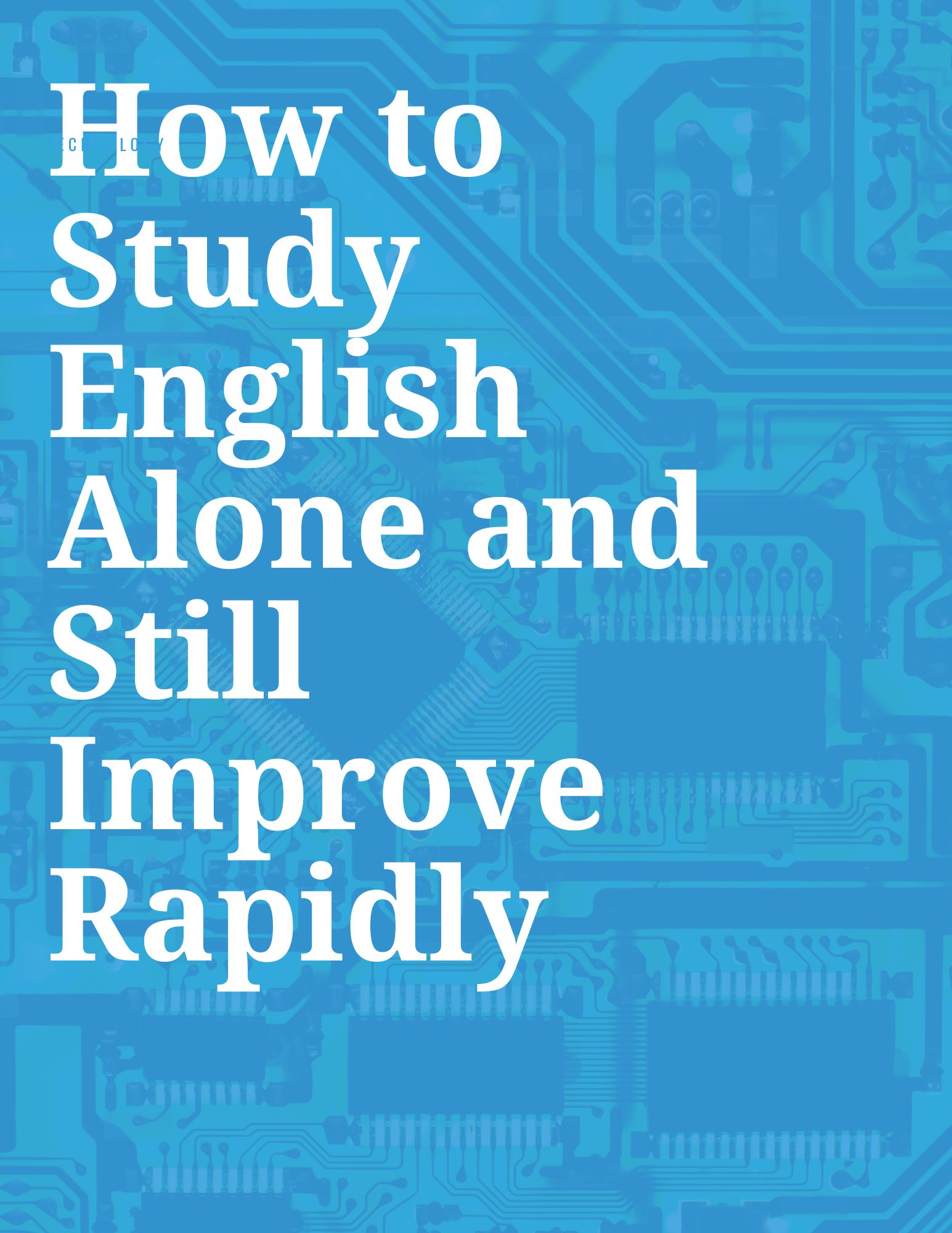
How to Study English Alone and Still Improve Rapidly
For a complete video, please click here.
How to Study English Alone and Still Improve Rapidly
In today’s digital age, studying English alone has become increasingly feasible and effective. Teacher Tiffany‘s video titled “HOW TO STUDY ENGLISH ALONE AND STILL IMPROVE RAPIDLY” offers practical tips and strategies for English learners who want to enhance their skills independently. Here, we’ll summarize her key points and insights to help you on your language learning journey.
1. Read Aloud
One of the most effective ways to improve your English is by reading aloud. This practice benefits learners in several ways:
- Improves Pronunciation and Intonation: Reading aloud helps you practice the sounds and rhythm of the language, making your speech clearer and more natural.
- Enhances Memory Retention: Hearing yourself read reinforces your memory, helping you remember words and phrases more effectively.
- Builds Confidence: Regular reading aloud sessions can boost your confidence in speaking, making you more comfortable using English in conversations.
2. Engage with English Media
Immerse yourself in English by engaging with various forms of media, such as podcasts, music, and videos. This approach provides several benefits:
- Exposure to Different Accents and Speech Patterns: Listening to a variety of English speakers helps you understand spoken English in different contexts and improves your overall comprehension.
- Understanding Regional Accents and Colloquial Expressions: Being familiar with different accents and expressions is crucial for effective communication and helps you sound more natural.
- Real-World Language Use: Media exposure provides context for real-world language, helping you get used to the accents, words, terms, and expressions used in everyday life.
3. Write Daily
Writing daily in a notebook is a powerful tool for improving your English skills. This habit:
- Trains Your Mind to Think in English: Regular writing helps you internalize the language and express your thoughts more fluidly.
- Provides a Record of Progress: Keeping a written record allows you to track your improvement and identify areas that need more work.
- Facilitates Quick Reviews: Flashcards are also recommended for memorization and quick study sessions, as they are portable and convenient.
4. Practice Speaking
Speaking practice is crucial for improving fluency and confidence. Here are some key reasons to prioritize speaking:
- Builds Fluency and Confidence: Regular practice leads to smoother and more natural speech.
- Reinforces Language Structures and Vocabulary: Speaking helps you internalize grammar and vocabulary.
- Mimics Real-Life Conversations: Practicing speaking prepares you for real interactions. Recording and listening to your own speech can also help with self-assessment and correction.
5. Combine Listening and Speaking
Simultaneous practice of listening and speaking enhances both skills. This approach:
- Improves Pronunciation and Rhythm: Mimicking the speech you hear helps you develop better pronunciation and rhythm.
- Strengthens Memory and Understanding: Engaging multiple senses reinforces your learning.
- Makes Learning Practical and Relevant: Using English in daily tasks helps integrate the language into your life.
6. Set Specific Goals
Setting clear, specific goals provides motivation and helps measure progress. This focus keeps you organized and driven, ensuring consistent improvement.
7. Leverage Community Support
Even if you are studying alone, community support can play a vital role in your learning journey. Teacher Tiffany shares a personal story about helping two young girls in South Korea, highlighting the importance of community in personal growth. She emphasizes that while you may study independently, you are never truly alone. Seek help from friends, teachers, or online communities to enhance your learning experience.
Final Thoughts
Studying English alone doesn’t mean you have to be isolated in your efforts. By incorporating these strategies, you can improve rapidly and effectively. Remember, the key is consistency, practice, and leveraging the resources and support available to you. Happy learning!


